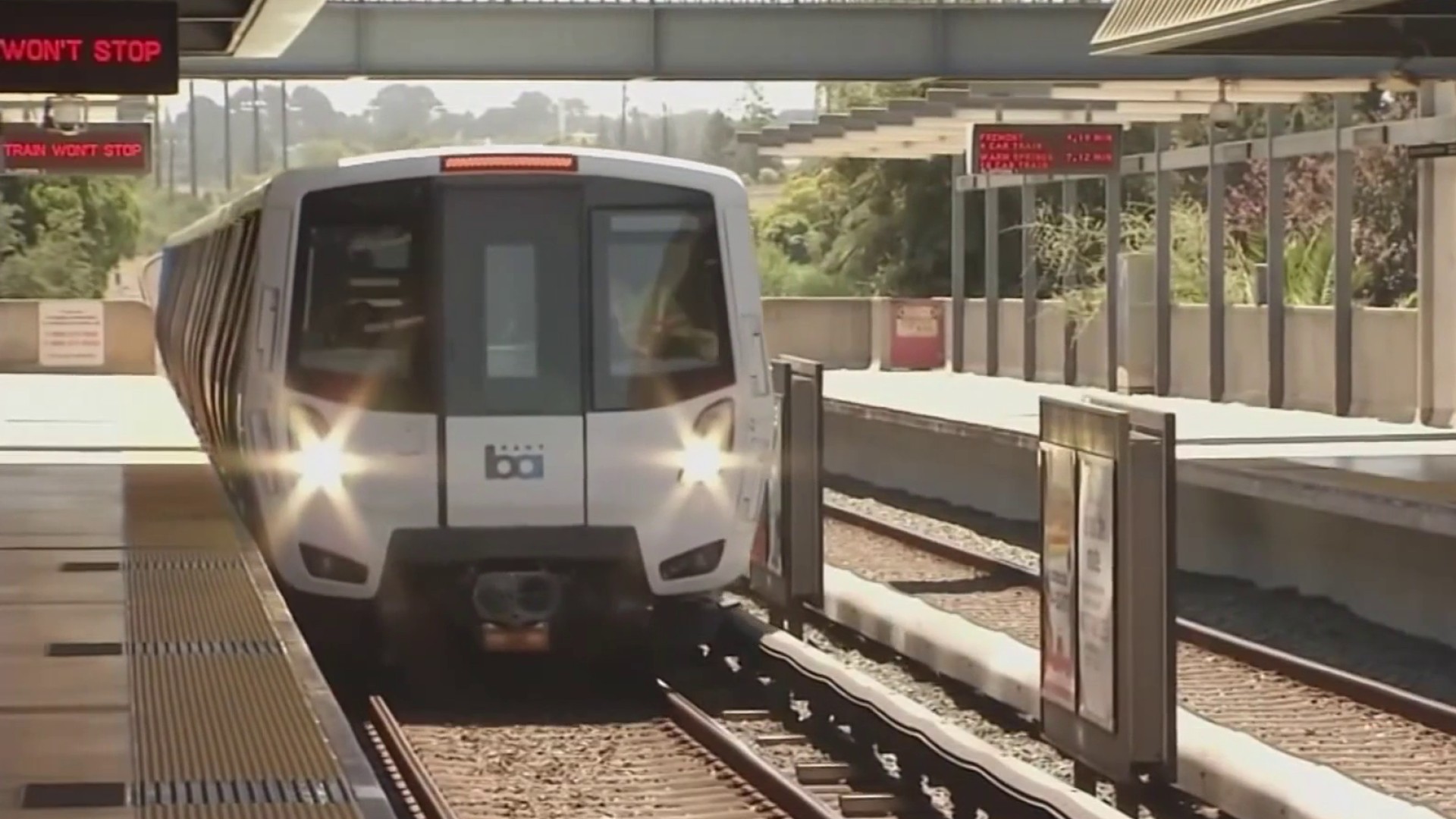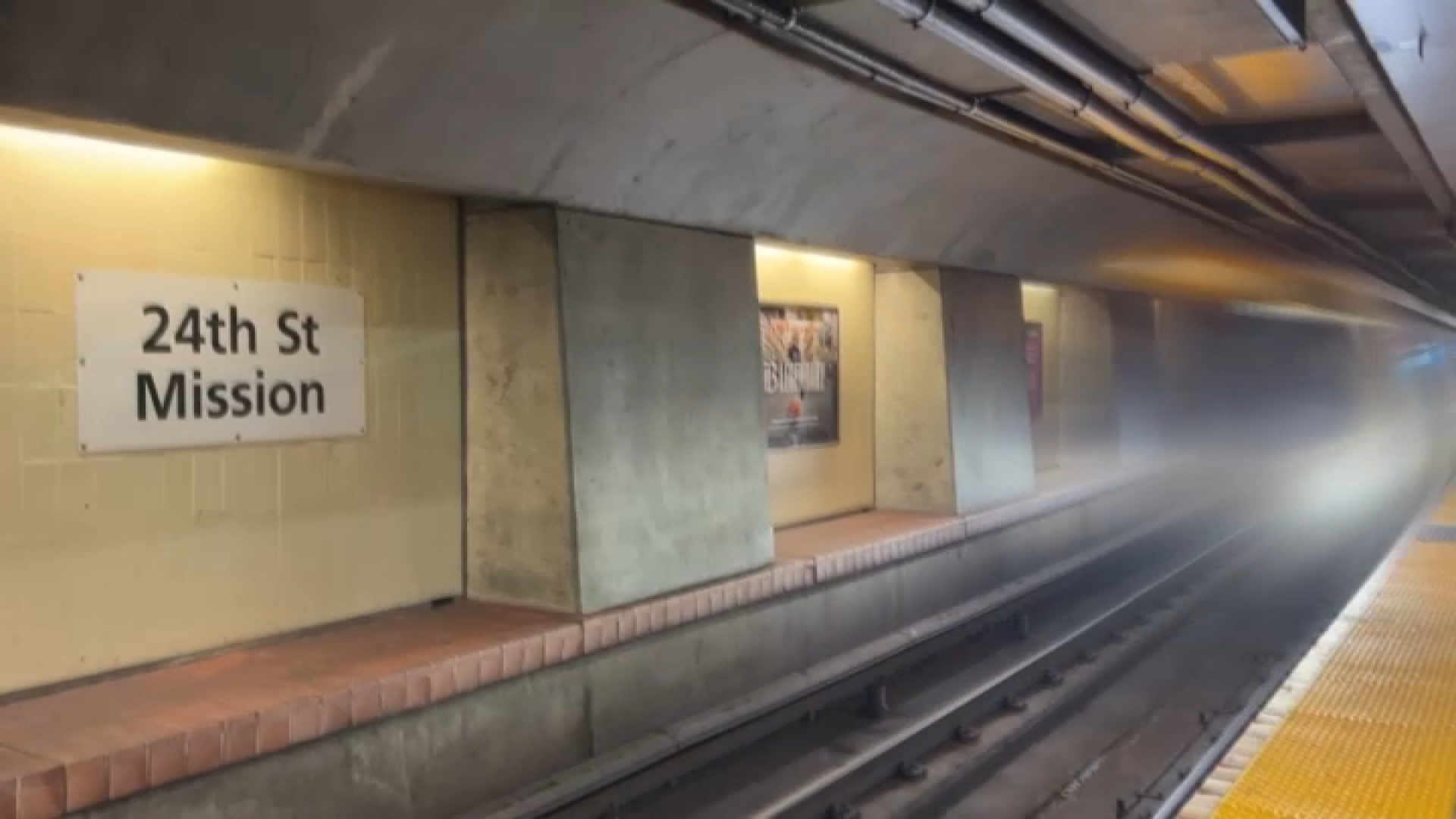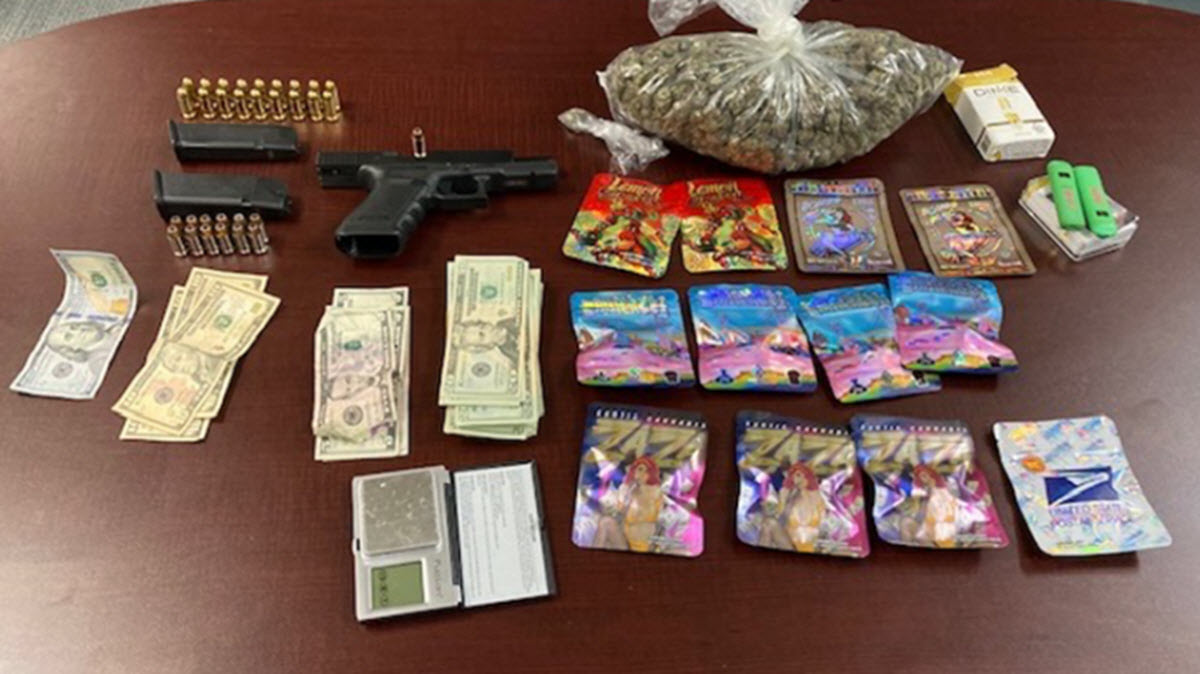BART is forecasting future budget shortfalls of about $350 million a year. Jodi Hernandez reports.
Bay Area Rapid Transit is forecasting future budget shortfalls of about $350 million a year.
The transit agency's only plan to address its financial problem is by asking voters to support a tax measure.
"I'm very worried about the future of BART," said Debora Allen, a BART board director.
BART has been using emergency state and federal funds to bridge the gap with its massive budget shortfalls, but the money will soon run out.
The transit agency is banking on voters to bail them out by signing on to a 30-year tax measure that will be on the ballot in 2026. But there is no backup plan.
"The plan really only keeps coming down to one thing and that is more money from the taxpayers," Allen said. "And that should not be our only plan. We should have a Plan B."
David Fraser, a California State University East Bay professor, said while he does not see BART ultimately folding, the transit agency cannot assume voters will jump on board a proposed bail out.
"The worse case scenario is that we don't have BART or we have a reduced type of BART," Fraser said, adding the transit agency has a lot of work to do get voter support.
Allen said BART needs to find way to cut spending now and that the agency continues to increase spending every year.
Get a weekly recap of the latest San Francisco Bay Area housing news. Sign up for NBC Bay Area’s Housing Deconstructed newsletter.
"I think the taxpayers before they start pulling more money out of their wallets, they would like to see that the agency is taking seriously this notion that we’ve got to do a deep assessment of how we cut the cost of delivering the service," Allen said.




